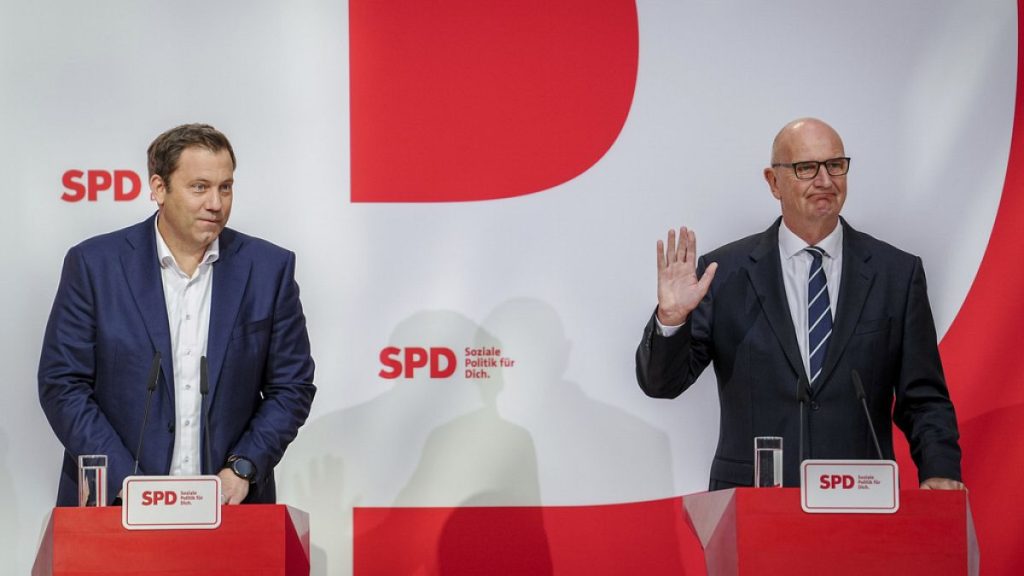The recent state election in Brandenburg saw the Social Democrats and far-right Alternative for Germany emerge as the biggest winners, while the liberal Free Democratic Party faced uncertainty. Voter turnout reached a 30-year high at 73%, with the FDP and Green party failing to secure seats in the Parliament. The SPD’s victory in Brandenburg was a relief for Chancellor Olaf Scholz, as the party showed its strength against the AfD. Although there is speculation about potential coalition shifts, it is unlikely that a federal election will be held before the planned vote next year. The FDP’s poor performance has raised concerns about the party’s relevance and potential alternative coalitions in the German Parliament.
While the SPD’s success in Brandenburg was significant, the party still faces challenges moving forward. Chancellor Scholz expressed his desire to run for reelection, but currently faces a tough road ahead. Talks of coalition governments in Brandenburg are beginning to surface, with the likely option being a partnership between the SPD and BSW. However, discussions in other states such as Thuringia and Saxony have stalled due to foreign policy demands from the BSW, creating uncertainty about future coalition possibilities. It remains to be seen if the BSW can work effectively with other parties in forming a productive coalition.
The election results were disastrous for the FDP and Greens, as both parties failed to secure seats in the state parliaments. The Die Linke party also struggled, earning only 3.0% of the vote. The FDP, in particular, faces a fight for its political survival after managing just 0.8% of the vote in Brandenburg. Despite the AfD’s success in the state elections, all other parties have ruled out forming a coalition with them. This leaves the established parties with a long road ahead before the federal elections next year, as they navigate potential coalition shifts and political challenges in the aftermath of the state elections.
Overall, the state election in Brandenburg highlighted the political landscape in Germany, with the SPD and AfD emerging as significant players. While the SPD’s victory was a positive outcome for Chancellor Scholz, the party still faces obstacles in the upcoming federal elections. The FDP’s poor performance has raised questions about its future in the German Parliament, as discussions about potential coalition shifts continue. The results also shed light on the challenges facing the Greens and Die Linke, as they navigate the aftermath of the state elections. Moving forward, the political landscape in Germany remains uncertain, with potential coalition changes and new challenges on the horizon.









